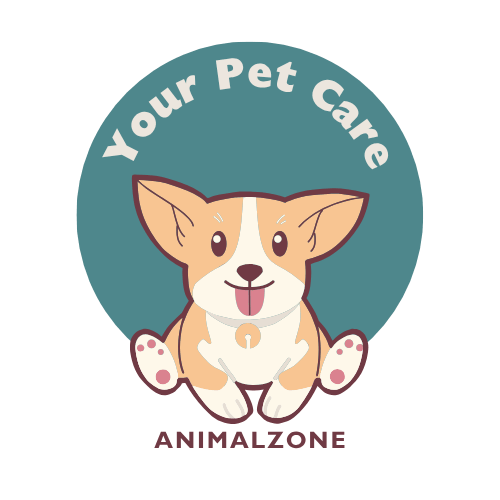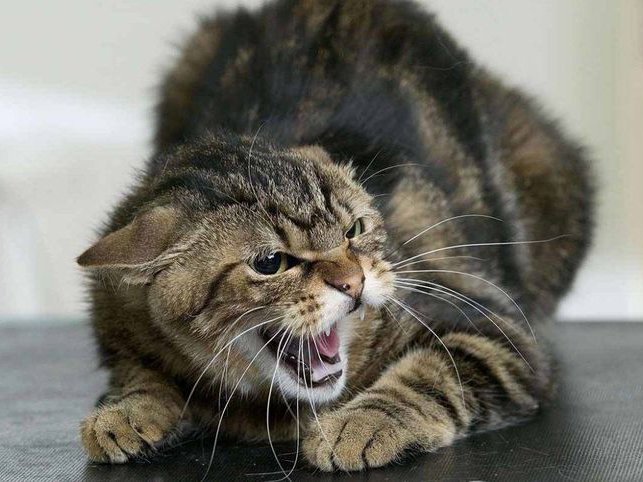If you’ve ever noticed your cat suddenly exhaling sharply through its nose, you might have witnessed what’s commonly referred to as “cat huffing.” This brief puff of air can look intense or even comical — but what does it mean? Is cat huffing a sign of danger, or is it just another quirky feline behavior?
Let’s break it down and find out whether cat huffing is harmful or harmless — and when, if ever, you should be concerned.
What Is Cat Huffing?
Cat huffing is a short, forceful exhale, usually through the nose or sometimes through slightly parted lips. It often sounds like a quick “snort” or a soft, audible puff. Unlike sneezing or growling, huffing is brief, subtle, and low in volume.
This behavior is different from panting, which is usually linked to stress, overheating, or exertion. Huffing, on the other hand, is typically tied to a cat’s mood or momentary frustration.

Common Reasons Why Cats Huff
Huffing can be triggered by a variety of normal feline emotions or reactions:
-
Annoyance or mild frustration: Your cat may huff if you interrupt their grooming session or remove them from their favorite spot.
-
Exhaustion after play: After a burst of activity, a cat might huff as a way to quickly catch its breath.
-
Impatience: A hungry cat waiting for food may huff as a sign of “Come on, already!”
-
Displeasure: If something doesn’t go their way — like failing to catch a toy — a quick huff may signal annoyance.
In these cases, cat huffing is harmless and simply a nonverbal expression of mood — much like a human sigh.
When Huffing Might Be a Concern
Although most huffing is completely benign, it’s important to distinguish it from potential signs of respiratory distress. If the huffing is accompanied by any of the following, it may indicate a health issue:
-
Wheezing or labored breathing
-
Continuous panting or open-mouth breathing
-
Coughing or frequent sneezing
-
Lethargy or loss of appetite
-
Blue or pale gums
These symptoms may point to conditions such as asthma, allergies, or upper respiratory infections, and a vet visit is recommended.
Should You Stop Cat Huffing?
No — in normal circumstances, you don’t need to stop or correct cat huffing. It’s not a sign of aggression, and it isn’t harmful. In fact, it’s often your cat’s way of self-regulating their emotions, just like a sigh or a grunt.
If your cat huffs during play or after being picked up, simply give them a moment. Respect their boundaries and use their body language as a guide to how they’re feeling.
Final Thoughts: Harmless or Harmful?
In the vast majority of cases, cat huffing is harmless and simply reflects a moment of emotion — boredom, irritation, or minor stress. However, if the huffing seems frequent, labored, or is accompanied by other symptoms, don’t ignore it. When in doubt, a quick consultation with your vet will give you peace of mind.
Learn More:
For deeper insights into feline behavior, visit zoopiahub.com

